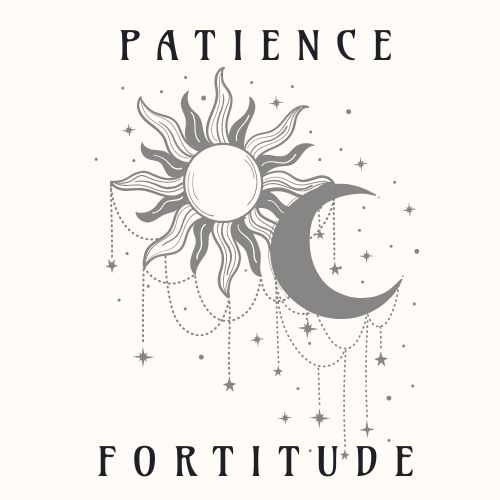It’s not that my (small, scattered) family has financially and emotionally helped support me through this very challenging year that surprises me; no, what floors me is that they want to.
Historically I’ve thought of myself as The Caretaker, a role that became very real and tragic when my parents became terminally ill. I was the person who took care of them until they died, and that experience was the nail in my own coffin of my own self-identity. I was many things, of course – no one is a single label, we can’t be – but at heart, I knew I was here on Earth to take care of people who could not (or would not) take care of me.
The corollary to being The Caretaker is the assumption that since caretaking is our job, no one else wants it or can even do it properly. Asking for help was not giving people who care about me a chance to show their love and concern, it was about revealing my failure as a caretaker.
The hardest part of accepting help from family members is letting go of the idea that their help is some kind of implied criticism. I think they would be shocked to even consider that idea, it is so far out of their motivations, but it was my kneejerk reaction, and why I spent a decade pushing them away from me.
Of course it is natural to view others’ actions through the lens of our own self-worth and accompanying self-criticism. Whatever the philosophers argue about “truth”, all we really know is what we know, and how we know it. That’s not a character fault in anyone, least of all me or you.
The problem is taking that perception as gospel, of not allowing the fact that other people’s motivations might not be what our knee-jerk assumption of it is. The problem is always assuming the worst about ourselves, and therefore of others.
I had to get past anchoring my entire life around what was wrong before I could even begin to see what was right. Knowing that my family wants to help me simply because they love me is not even something I could have understood two years ago. I was too morose about my imperfections.
It’s not the kind of perception shift that happens just because; no, it is one that happens because we open the possibility box that says, “you might be wrong.” Until we can accept that what we’ve always firmly and devotedly believed might not be right – might, in fact, be grievously harmful – then there is no understanding of new ideas much less acceptance of them.
So open the possibility box. Peek inside. Maybe just for a second, or an hour. It’s okay to be afraid of the questions and doubts it raises, but keep going anyway. Live dangerously like a modern day explorer, finding a new path through the wilderness of your own life.
Without questions, there are no answers.
